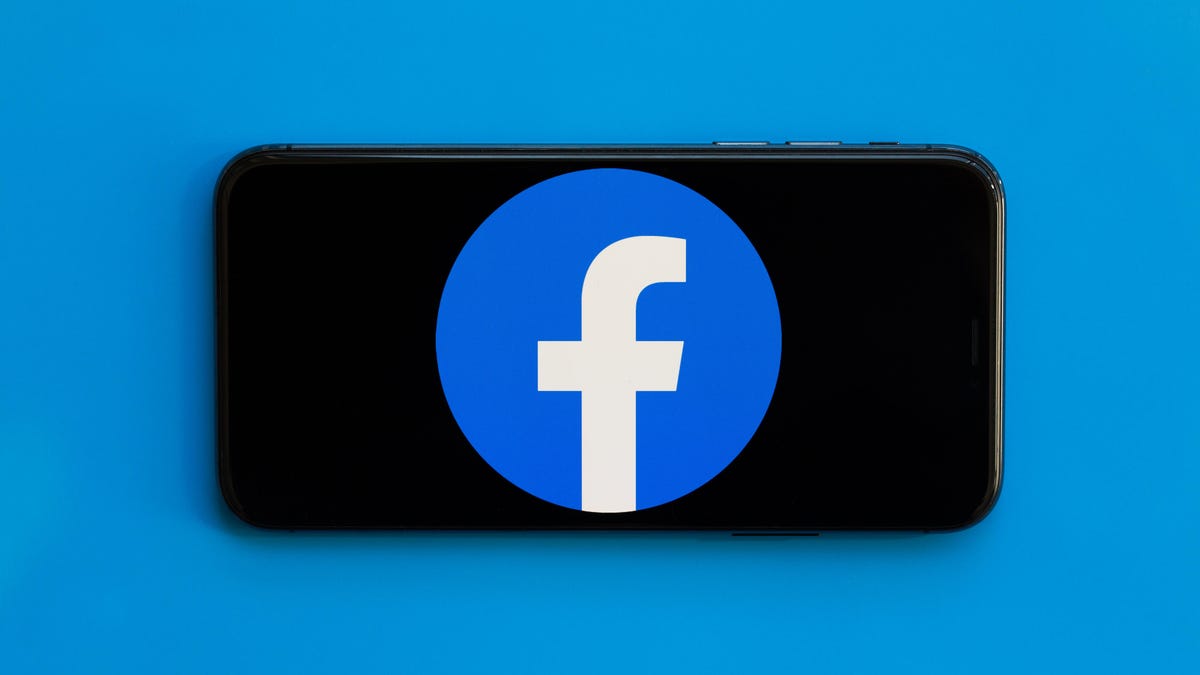Facebook, police team up to train AI to spot livestreamed shootings
Police will be sending in first-person footage of firearms training to help Facebook detect videos posted by shooters.

Facebook has long struggled with violence going viral through its livestreaming service. Now it's hoping police-provided footage of shooting will help it train artificial intelligence to detect gun violence in videos.
The tech giant has partnered with police in the UK and US, who are sending in first-person perspective videos of firearm training sessions. These clips will be used to help Facebook develop an algorithm that can detect livestreams posted by shooters, the UK's Metropolitan Police said in a statement Tuesday.
"With this initiative, we aim to improve our detection of real-world, first-person footage of violent events and avoid incorrectly detecting other types of footage such as fictional content from movies or video games," Facebook said in a blog post on Tuesday.
In the Metropolitan Police statement, Facebook's UK law enforcement outreach lead, Stephanie McCourt, said the company is committed to improving its detection algorithms.
"This partnership with the Met Police will help train our AI systems with the volume of data needed to identify these incidents," McCourt said.
The Christchurch mass shooting in New Zealand played out on Facebook Live, and though the original stream was up for less than an hour, millions of re-uploads of the attack took its place as Facebook's detection struggled to keep up. Despite having algorithms for immediately removing copyrighted content and pornography, Facebook wasn't able to detect the shooting video quickly enough.
In a statement after the shooting, in March, Facebook's vice president of product management, Guy Rosen, explained why the site's detection method couldn't catch the shooter's livestream in time: It didn't have the data.
"We will need to provide our systems with large volumes of data of this specific kind of content, something which is difficult as these events are thankfully rare," Rosen said in the post.
Now Facebook will be getting hours of footage from a gunman's perspective from police. The clips will come from a body camera worn by the officers during firearm training and sent to Facebook, as well as other companies developing similar detection methods, the Met police said.
Facebook approached the Met police with the idea, and officers will start providing footage in October. The Met police said US law enforcement would also be providing shooting footage to Facebook, but it didn't specify which agency.
"In the US, we are in active discussions with government and law enforcement officials and look forward to sharing more information in the near future," a Facebook spokesperson said.
The FBI didn't respond to a request for comment.
"The technology Facebook is seeking to create could help identify firearms attacks in their early stages and potentially assist police across the world in their response to such incidents," the UK's assistant commissioner for specialist operations, Neil Basu, said in a statement. "Technology that automatically stops livestreaming of attacks once identified would also significantly help prevent the glorification of such acts and the promotion of the toxic ideologies that drive them."
Originally published Sept. 17, 11:14 a.m. PT.
Update, 11:57 a.m.: Includes comment from Facebook.

